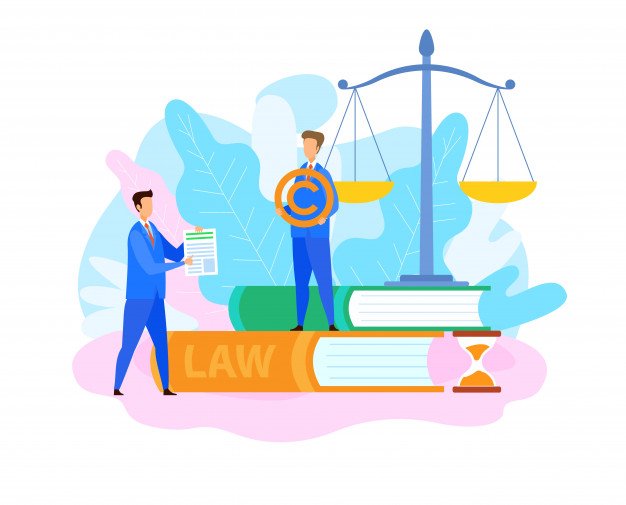In this article, we want to quickly look at the subject of criminal appeal and the laws that govern it. We are not approaching it like a law school course addressed at lawyers but as a general informative content meant for those who may not be so knowledgeable in legal matters.
Hopefully, the information we will share here however basic will help you get a better understanding of this process of criminal appeal and how you can take advantage of it should you be in a position where such an action becomes necessary.
The Basics of Criminal Appeals Law:
An Overview:
A criminal appeal is a process where an individual who has been tried by a court of competent jurisdiction and convicted for a crime decides to seek the intervention of a higher court. The purpose of this intervention could be to seek an overturn of the conviction reached by the lower court based on a few points that we will look at later.
It could also be to seek a reduction in the sentencing delivered upon conviction. In either case, the defendant is turning to a higher court so that s/he can get a more favorable outcome in the form of an acquittal or a sentence reduction.
When an appeal is filed, the higher court will go through the process that the lower court went through to reach its verdict. This means that there shall be no testimonies or submissions of fresh evidence. The decision of the higher court will be based solely on the recordings of the concluded court proceedings.
It is from this recorded process that the appealing counsel will point out the grounds of their appeal and it is also from these recorded proceedings that the higher court will reach its decision.
It is important to understand that it is common to find the higher courts in the U.S naturally favoring the decisions of the lower court. It will take some very clear infractions or errors to cause a higher court to overturn the judgment of the lower court.
Grounds on Which an Appeal Can be Made:
We mentioned above that an appeal has to be based on certain grounds. We will now look at a few of these grounds upon which a criminal appeal can be filed.
An appeal can be file if any of the following happened during the trial at the lower court:
- There is a clear error in the interpretation of the law.
- The verdict given is not backed up by clear evidence.
- The ruling of the lower court bothered on abuse of its discretion.
- The defendant claims that his/her representation was inadequate.
Any of the points above are grounds upon which an appeal can be filed. You should, however, understand that the appellate court must find evidence in the proceedings of the trial as shown by your attorney in your appeal filing that supports your claim.
If the higher court does not find enough evidence supporting your claim, it will be thrown out.
What You Should Do:
If you have just gone through a criminal trial and you were not happy with the outcome because you felt the process was somehow flawed, you could ask your lawyer what your chances will be if you were to take it to a higher court.
We understand that it is likely that your attorney is the reason why the outcome of the trial was the way it is. If this is the case, then having such an attorney handle your appeal will not be a very smart move.
You’ve already made the mistake of choosing an attorney who could not properly represent your interest in court, do not make the mistake of having the same attorney contest this outcome in a higher court for you.
You can find a lawyer here with the experience to look through the records of your case and give you a candid opinion. There’s no point in spending time and money contesting a case that is certainly not going to go your way no matter where you take it.
What you need is a correct assessment of your chances. If it is seen that there are indeed solid grounds on which an appeal can be filed, you should engage the services of Criminal Appeals Toronto attorney with the required expertise, who knows exactly how to prepare your case to give you the best chance of getting a better verdict.
Bonus knowledge: Check out our blog regarding Criminal Law Enforcement
Read Also:






















